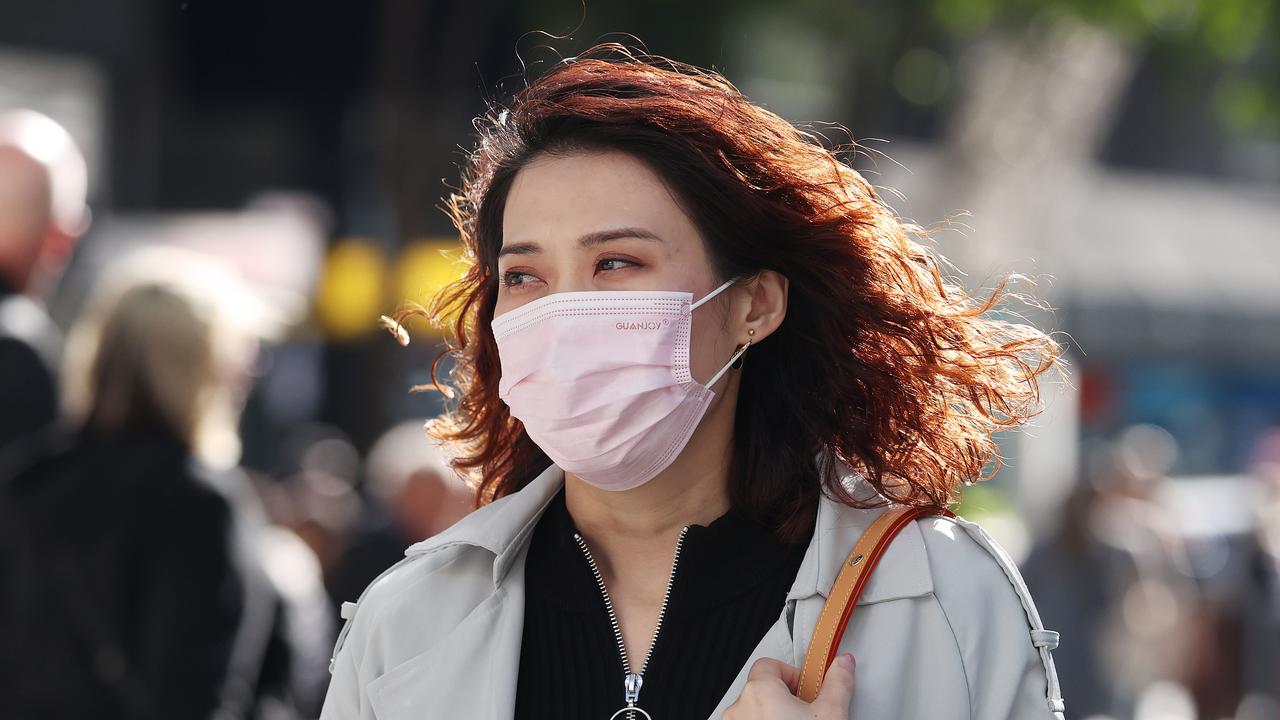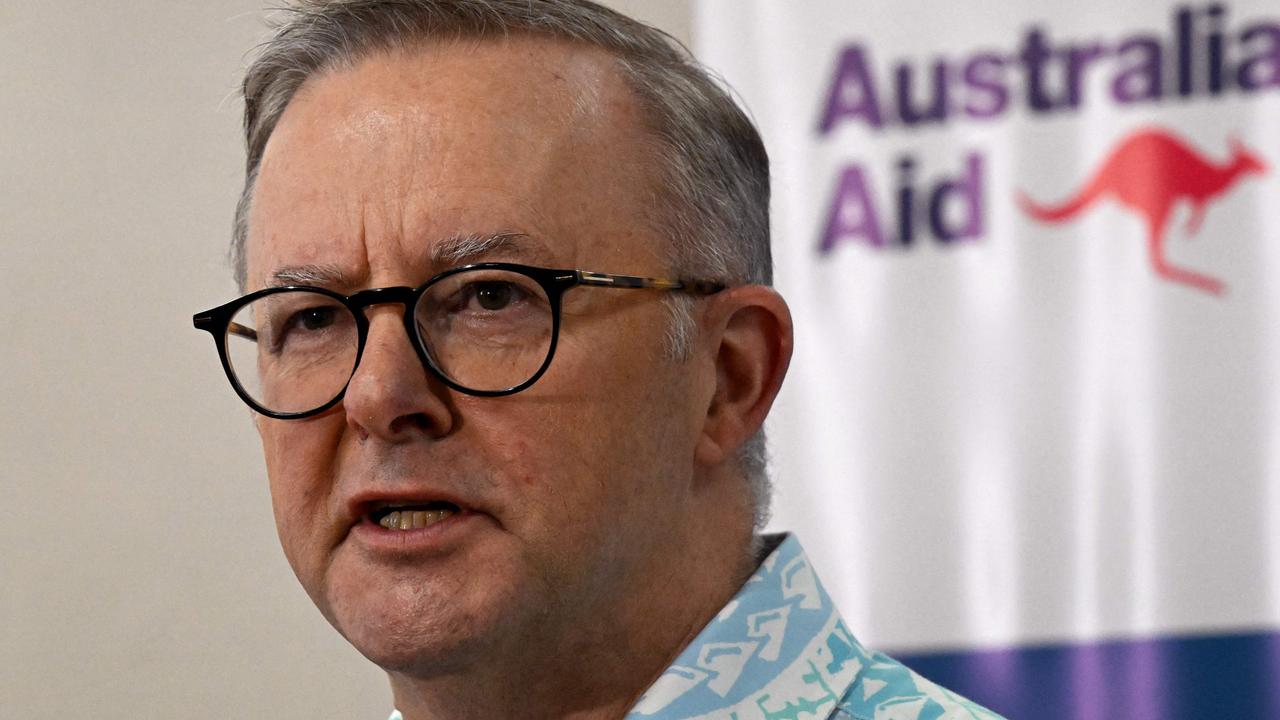Why we should ignore the Covid ‘doomsayers’ despite rising cases
Despite rising case numbers, Covid catastrophists around the world could soon find themselves suffering a grim fate.
Springfield had a neat way of dealing with pedants and puritans. It typically involved sticking them in a catapult or roping them to the back of a train.
The various Covid catastrophists around the world — both expert and amateur — could soon find themselves suffering a similar fate. Not run out of town but something even worse: Being quietly and almost universally ignored.
One perfect example was both captured and perpetuated this week by an article in The Washington Post whose opening par read: “America decided the pandemic was over. The coronavirus has other ideas.”
It quoted one expert calling the latest Omicron variant “the worst version of the virus that we’ve seen”.
Yet in the very next sentence the article corrected itself, citing a now unspecified number of medical professionals: “Other experts point out that, despite being hit by multiple rounds of ever-more-contagious Omicron subvariants, the country has not yet seen a dramatic spike in hospitalisations.”
In fact, as the Post itself perhaps reluctantly calculated, the number of US hospitalisations is fewer than one quarter of what they were six months ago.
Indeed the real point of the story came even further towards the end, in which another epidemiologist complained people weren’t behaving safely enough only to reveal that she wasn’t either.
“I feel there is a very limited amount that I can do individually, short of stopping my life,” she said.
And so if there really is a contest of ideas between America and the coronavirus it looks like America is well and truly winning.
And it looks like Australia has decided the pandemic is over too.

One of the very few restrictions still in place in Sydney is compulsory masks on public transport. Every time I have caught the train in recent weeks fewer than half those on it were bothering to comply.
In Melbourne, the very godhead of Covid restrictions, police have all but given up enforcing this rule. Of more than 66,000 commuters spoken to by officers only 58 were handed fines.
I also happened to spend a day at a classic tourist attraction this week with people from all over the world and maybe one in a hundred visitors was masked up.
People are voting with their feet — or rather their faces. They are sick of restrictions and prepared to accept that Covid is now simply a part of life.
Even the mildest Covid countermeasures are now met with resistance. A reasonable suggestion by federal Health Minister Mark Butler that people should work from home this winter was instantly opposed by business groups. At the same time the new Labor government is so far refusing to reinstate Covid leave payments. The virus simply ain’t that special no more.
And so it begs the question: Why is this increasingly marginalised doomsaying still, as the young people say, even a thing?
Part of the reason is that Covid catastrophists of both the medical and media variety have skin in the game. Those who predicted the apocalypse need to keep warning of its impending arrival in order to maintain their credibility.
The problem is that Armageddon, like beauty, is in the eye of the beholder. Panic merchants need to make challenges look like crises in order to justify their panic. Otherwise they just end up looking silly.
But many lay doomsayers are also victims of hardline government mandates and messages about the pandemic which have proved difficult to unpick in some people’s brains.

For so long we were told that anyone who objected to measures that caused terrible damage (such as shutting down schools and isolating the dying) or were simply absurd (such as banning golf and closing playgrounds) was a monster who wanted to kill grandma.
It is therefore difficult for some to understand how Covid has gone from being a rampaging killer that must be stopped at all costs to something we have to live with.
The “false idol” of elimination has clearly never stopped being worshipped by some believers.
The other question is what the anti-Covid evangelicals actually want us to do. Last time the demand was the reintroduction of QR codes that nobody was checking or tracking — an extraordinary case of mass gaslighting.
This time the obsession is the Coral Princess cruise ship. Should it be cast out to sea forever? Should its passengers be barricaded on board until they all catch Covid and released 28 days later? Should they take the unspeakable step of banning karaoke night?
Because while there is a lot of talk about something needing to be done there seems precious little about precisely what should be done.
Who should be banned or impounded? Whose job should be lost? Which schools should close? Which industries should be shut down? How much should governments be prepared to pay and for how long?
And what about the next variant? And the one after that? Is one epidemiologist’s warning enough to trigger restrictions? Or does it need to be a majority weighted by years of experience cross referenced to peer-reviewed articles published and the prestigiousness of institutions worked for?
Or maybe we should just get on with life. Because the alternative doesn’t look much like it.




